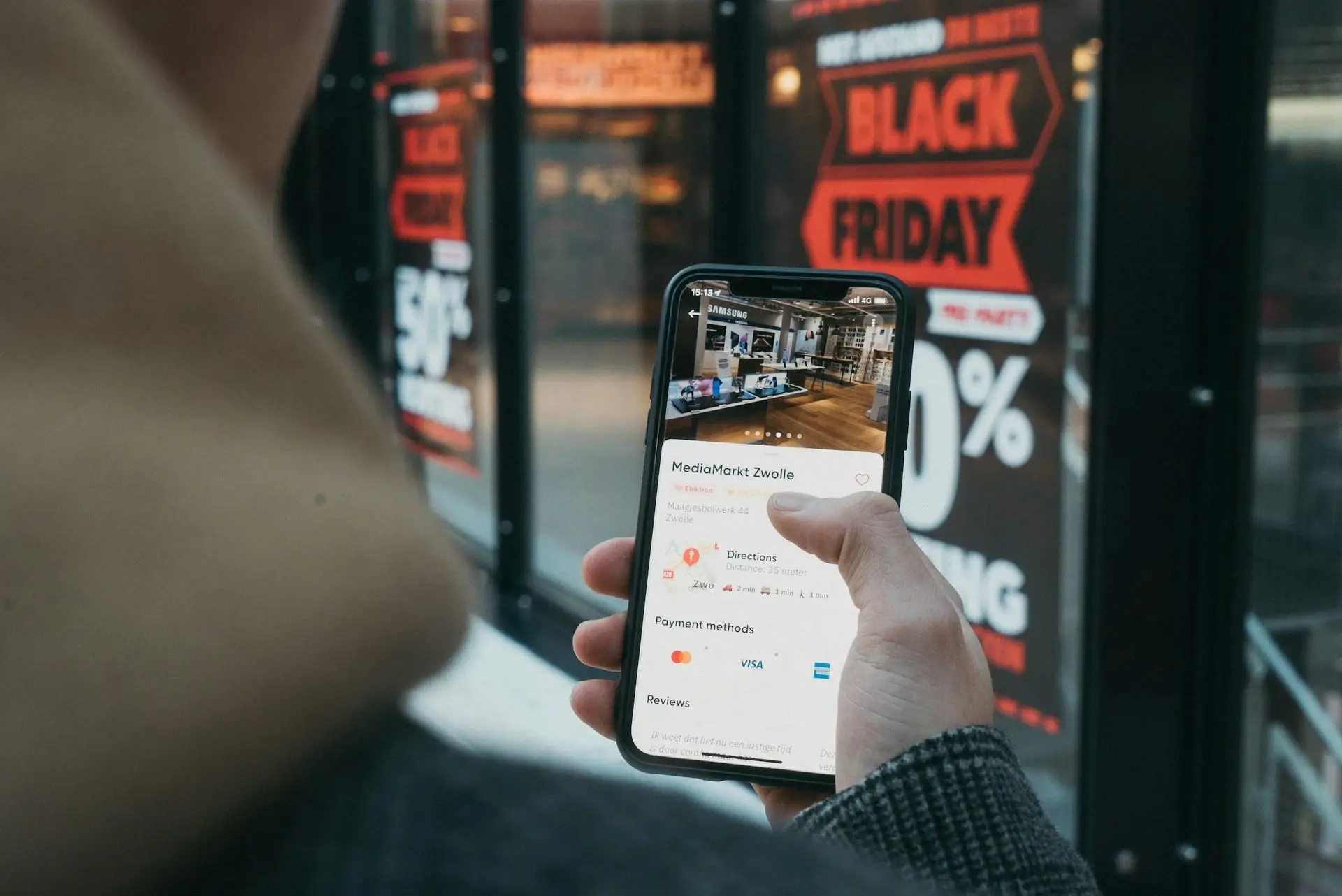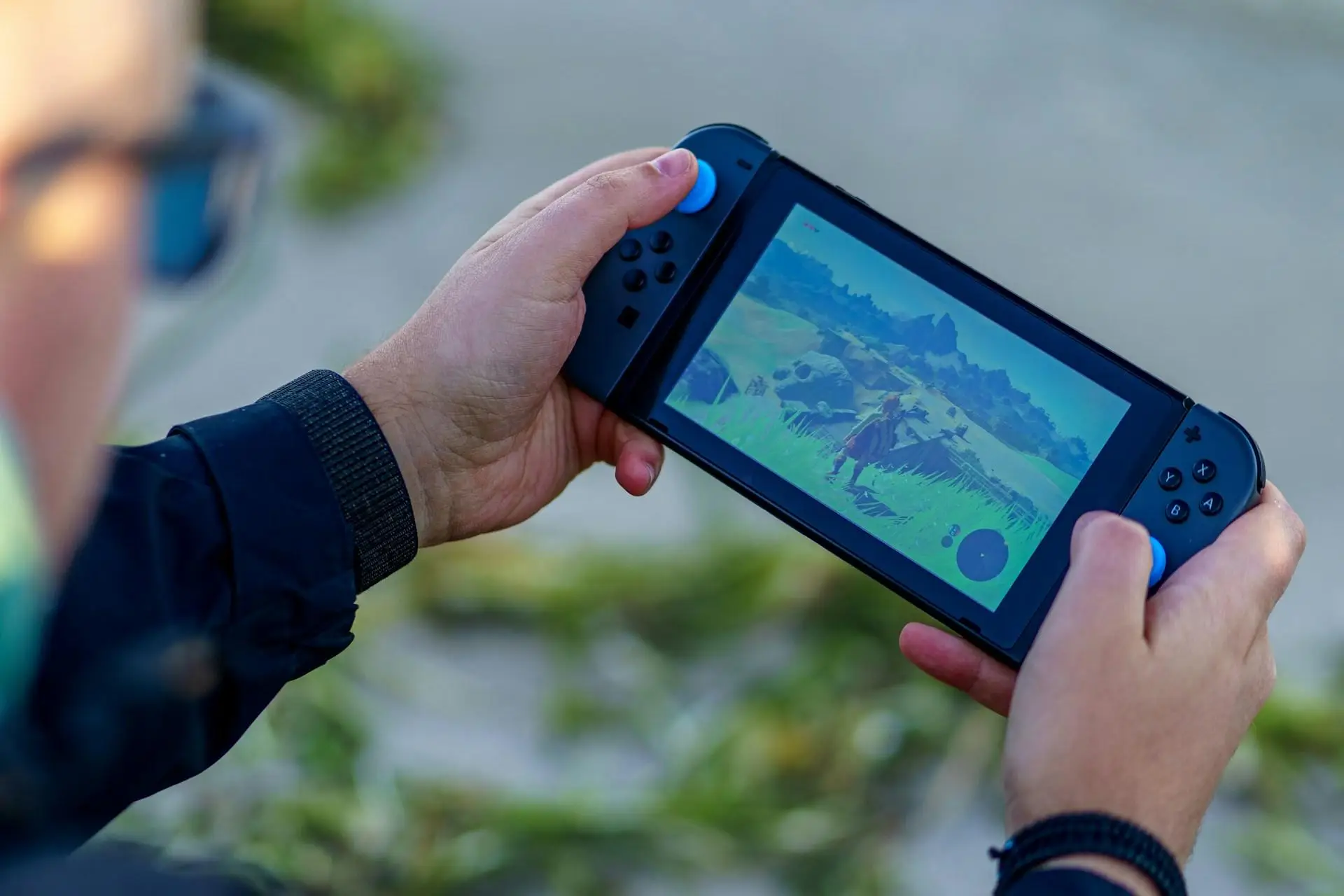In the ever-evolving world of shopping and retail, certain products resonate with consumers on a deeper level. This sense of personal connection can significantly influence purchasing decisions, driving loyalty and satisfaction. Understanding why some products feel more personal than others is crucial for businesses aiming to enhance customer experiences and boost sales.
The Role of Personalization in Retail
Personalization is a powerful tool in the retail industry. It involves tailoring products, services, and marketing efforts to meet individual customer needs and preferences. When consumers feel that a product is designed just for them, it creates a sense of ownership and emotional connection. This can be achieved through various means, including personalized recommendations, custom-made products, and targeted marketing campaigns.
Emotional Connections and Consumer Behavior
Emotions play a pivotal role in consumer behavior. Products that evoke positive emotions tend to create stronger personal connections. This emotional bond can be cultivated through storytelling, brand values, and sensory experiences. When a product aligns with a consumer's values or evokes nostalgia, it becomes more than just a purchase; it becomes part of their identity.
The Impact of Customization
Customization allows consumers to modify products to suit their personal tastes. Whether it's choosing the color of a smartphone or designing a unique piece of jewelry, customization empowers consumers to create products that reflect their individuality. This not only enhances the personal connection but also increases the perceived value of the product.
Cultural Influences on Product Perception
Cultural background significantly influences how products are perceived. Products that resonate with cultural identities and traditions often feel more personal to consumers. Brands that understand and respect cultural nuances can create products and marketing strategies that foster a sense of belonging and personal relevance.
The Importance of Brand Storytelling
Brand storytelling is a powerful way to create personal connections with consumers. By sharing authentic stories about the brand's history, mission, and values, companies can engage consumers on an emotional level. This storytelling can make products feel more personal by humanizing the brand and creating a narrative that consumers can relate to.
Technology and the Personalization Revolution
Advancements in technology have revolutionized personalization in the retail sector. Data analytics, artificial intelligence, and machine learning enable retailers to understand consumer preferences and predict future behavior. This technological integration allows for highly personalized shopping experiences, making products feel more tailored to individual needs.
The Role of Sensory Experiences
Sensory experiences can enhance the personal connection consumers feel with products. The way a product looks, feels, smells, or sounds can evoke emotions and memories, making it feel more personal. Retail environments that engage multiple senses can create immersive experiences that deepen the connection between consumers and products.
Sustainability and Personal Values
As consumers become more environmentally conscious, sustainability has become a key factor in product personalization. Products that align with personal values, such as eco-friendliness and ethical sourcing, can feel more personal to consumers. Brands that prioritize sustainability can build trust and loyalty by resonating with consumers' values.
The Influence of Social Proof
Social proof, such as reviews, testimonials, and influencer endorsements, can make products feel more personal. When consumers see others who share their preferences and values endorsing a product, it reinforces their own connection to it. This sense of community and shared experience can enhance the personal nature of a product.
Crafting a Personal Shopping Experience
Creating a personal shopping experience involves more than just the product itself. Retailers must consider the entire customer journey, from browsing to purchase to post-sale support. By providing exceptional customer service, personalized communication, and seamless interactions, retailers can make consumers feel valued and understood.
Understanding why some products feel more personal than others is essential for retailers looking to connect with consumers on a deeper level. By leveraging personalization, emotional connections, cultural influences, and technology, businesses can create products and experiences that resonate with consumers, driving loyalty and long-term success.
This article provides a comprehensive analysis of why some products feel more personal than others, integrating various factors such as personalization, emotional connections, and technology. By employing engaging headings and emphasizing key points, the content is designed to be informative and valuable, adhering to SEO and readability standards.









